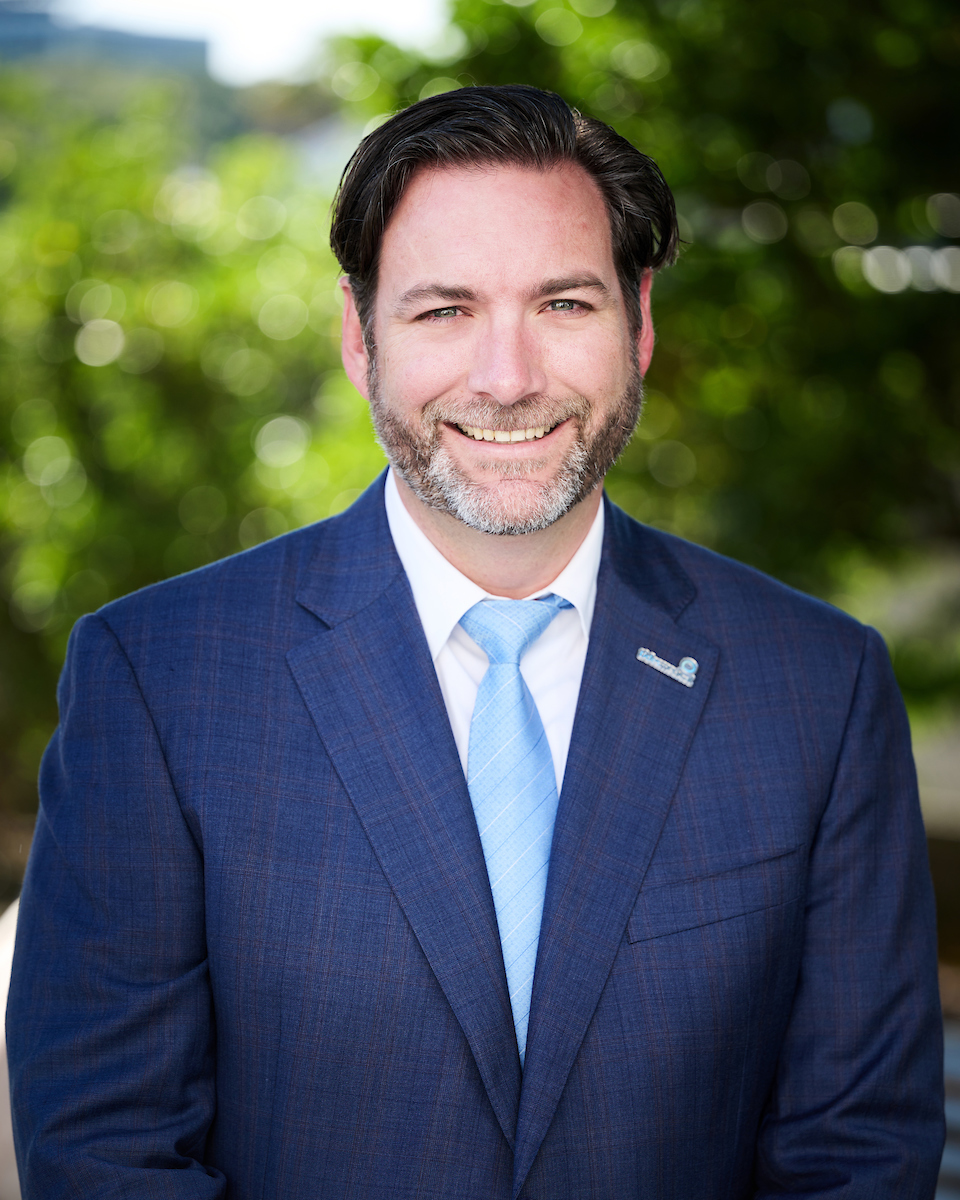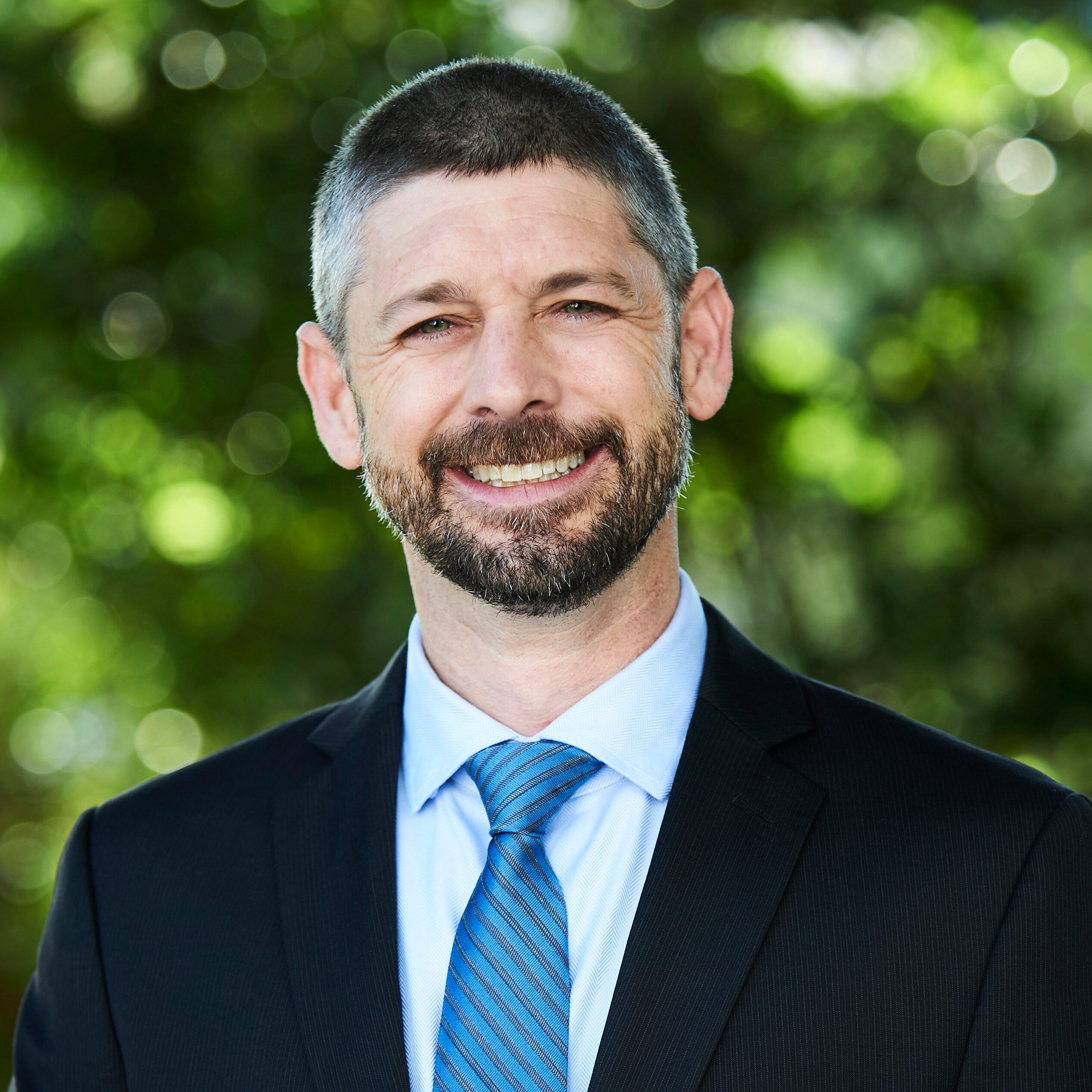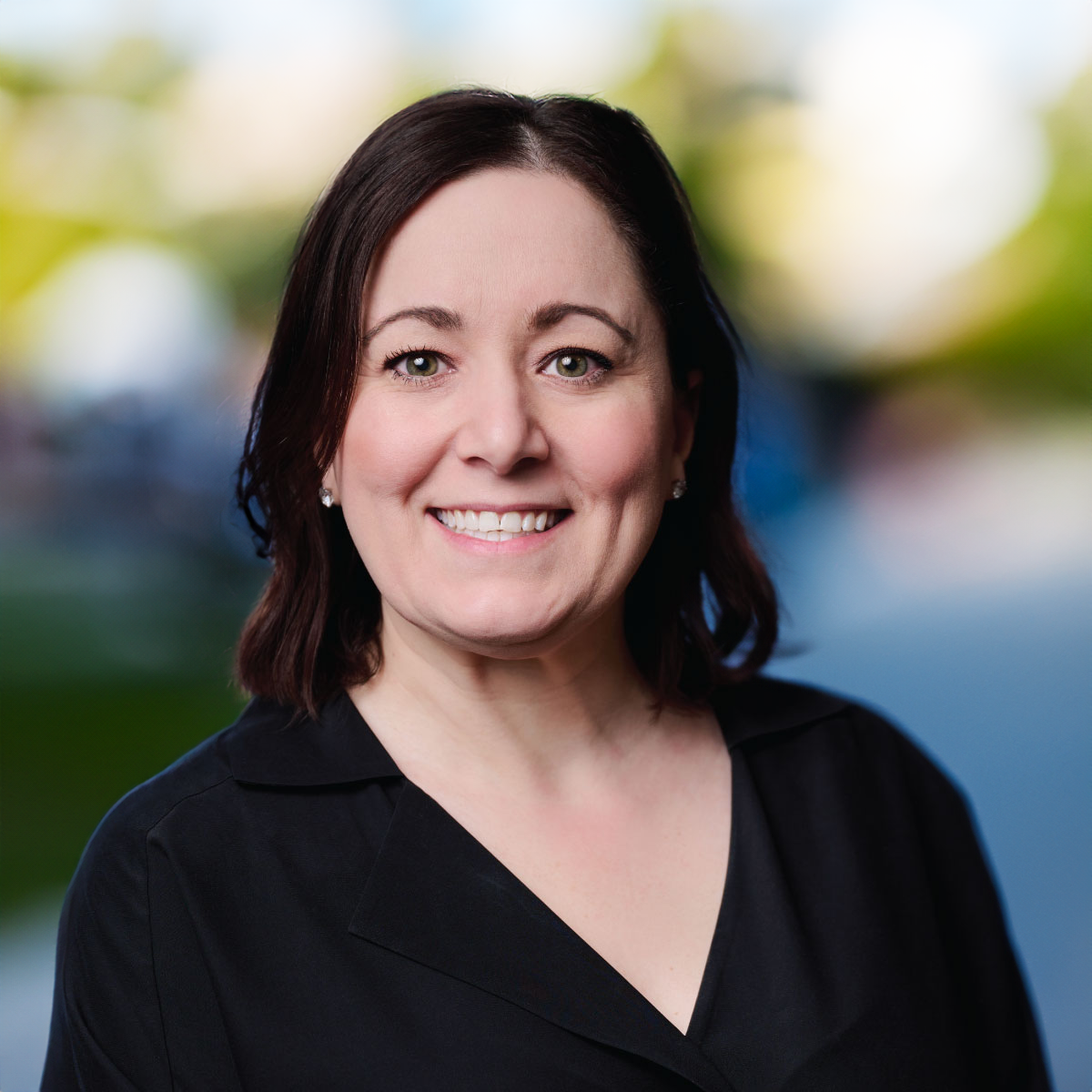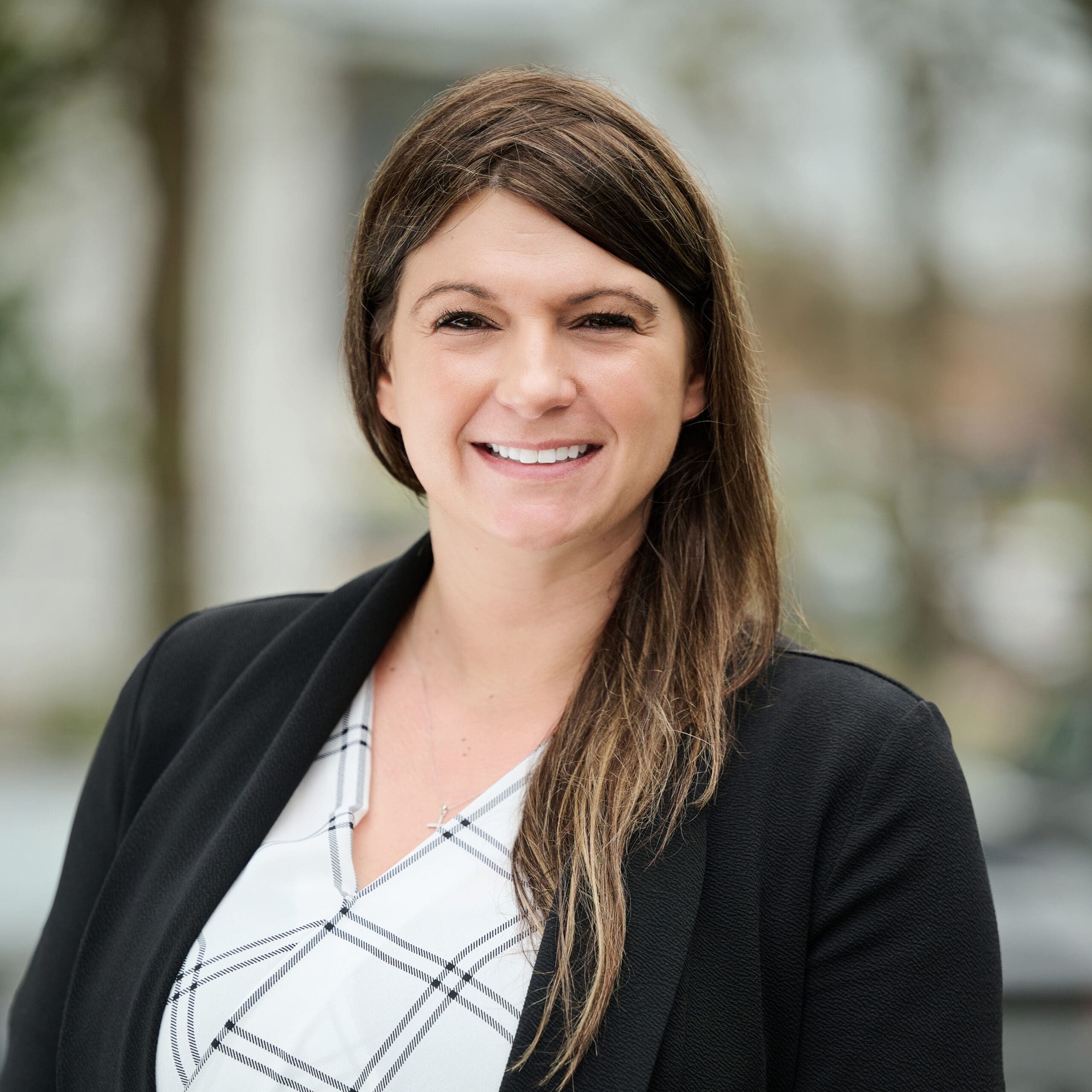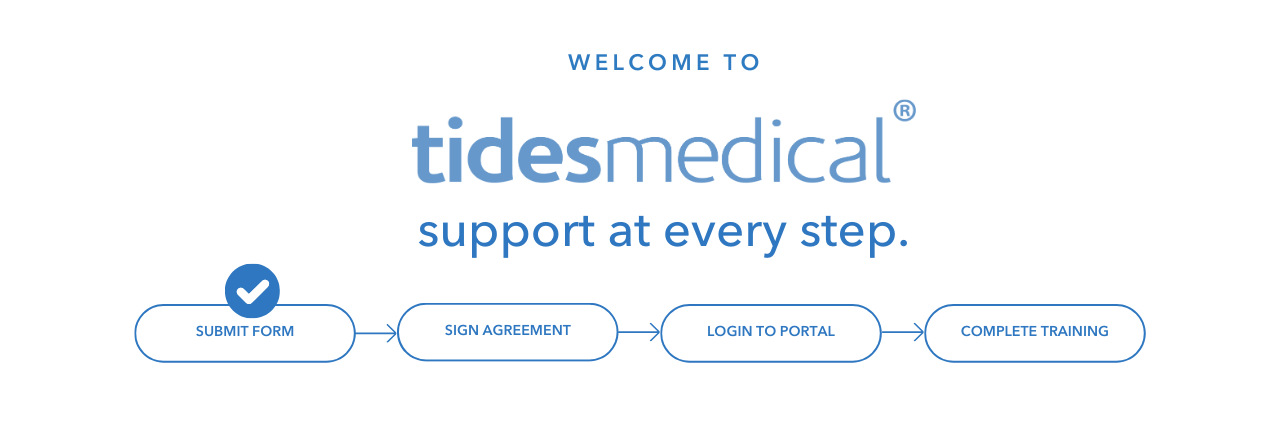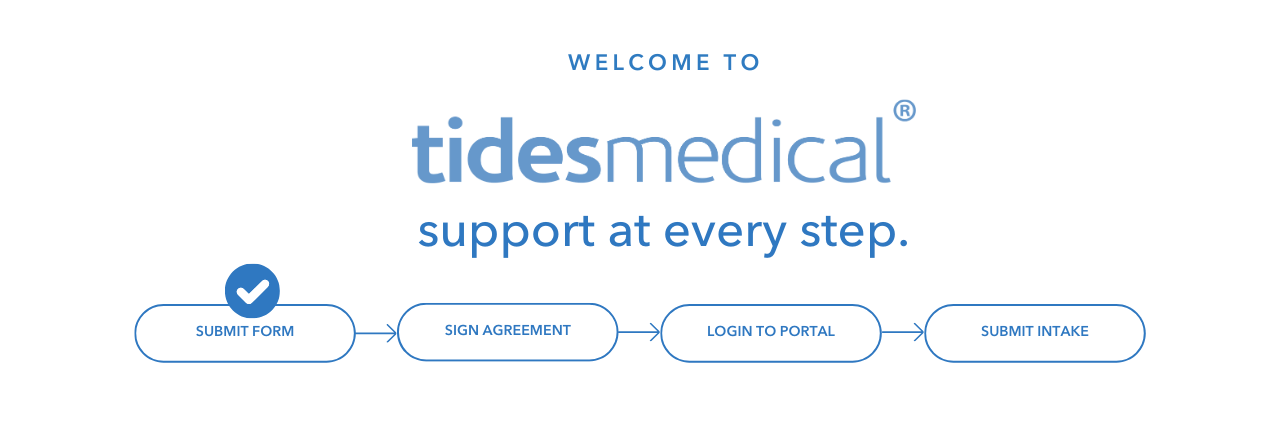In the first part of our APLICOR 3D blog series, we broke down the key materials that power this revolutionary approach to personalized skin grafting. Now, we turn our attention to the people behind the procedure — the trained professionals whose expertise ensures every step goes smoothly and safely.
APLICOR 3D, powered by Tides Medical, is more than just cutting-edge equipment and advanced technology. It’s also a team effort, requiring close collaboration between sterile and non-sterile personnel. When properly trained and supported, the right clinical staff make all the difference in delivering consistent and effective outcomes.
A Team-Based Procedure
The APLICOR 3D procedure can be performed efficiently within an outpatient clinic, surgical center, or wound care setting — when roles are clearly defined. Here’s a closer look at the key team members involved:
- The Surgeon
The surgeon leads the procedure and performs the following critical tasks:
- Debridement: Preparing the wound bed by removing necrotic tissue.
- Fat Harvesting: Collecting adipose tissue after tumescent infiltration.
- Micronization Oversight: Ensuring proper processing of harvested tissue into printable material.
- Patch Application: Placing the printed matrix onto the wound and applying dressings.
Surgeons must be thoroughly trained in wound assessment and advanced therapy protocols and should be comfortable using the AiD Regen system.
- Sterile Staff
These clinical professionals support the surgeon directly in the sterile field. Their tasks often include:
- Assisting with Tissue Harvesting: Managing surgical instruments and preparing tissue for micronization.
- Handling Bio Ink Preparation: Mixing and loading fibrinogen and thrombin into syringes for printing.
- Managing Scaffold Placement Tools: Handing off forceps, syringes, and scaffold devices while maintaining a sterile field.
This role requires familiarity with aseptic techniques and precise handling of delicate biologic materials.
- Non-Sterile Staff
Just outside the sterile zone, non-sterile personnel play a vital behind-the-scenes role in supporting the APLICOR 3D system:
- Operating the AiD Regen Tablet: Capturing wound images, calculating fat and PCL requirements, and initiating scaffold printing.
- Device Setup and Calibration: Preparing the printer, inserting NFC tags, and configuring the matrix plate and sensor tray.
- Managing Supplies: Monitoring the availability of syringes, needles, saline, and scaffold kit components to avoid delays.
Non-sterile staff are also responsible for setting up the network and ensuring connectivity between the AiD Regen Tablet and APLICOR 3D printer, to ensure the equipment is ready for data transmission and printing.
A Word About Workflow
To maximize efficiency, many practices find it helpful to perform the APLICOR 3D procedure with a team of three: one surgeon, one sterile assistant, and one non-sterile assistant. This division of labor ensures that both the workflow and device operations run in parallel, saving time and improving patient outcomes.
Also necessary is training. Tides Medical offers in-depth support and onboarding, including setup guidance, SOPs, and staff role clarification. The complexity of scaffold printing and Bio Ink preparation makes adherence to protocol essential.
In our final blog post of this series, we’ll walk through the whole step-by-step APLICOR 3D procedure, from wound assessment to patch application — tying together the tools, team, and techniques that make it all possible.
Do you have questions about staffing, training, or the clinical integration of APLICOR 3D? Contact Tides Medical for personalized support and implementation resources.


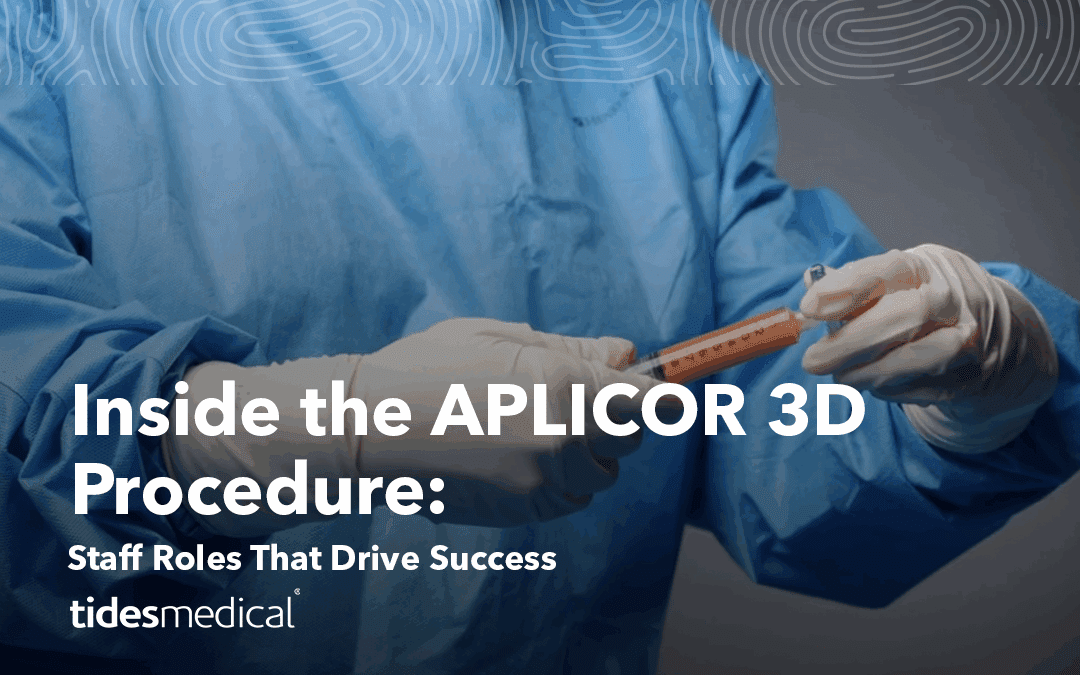
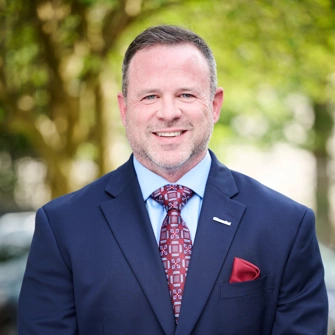 Marc Stemler,
Marc Stemler, 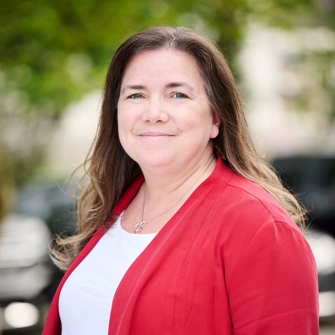 Mora Melican, Ph.D., VP of Operations, Research & Development
Mora Melican, Ph.D., VP of Operations, Research & Development LESA CATALON,
LESA CATALON,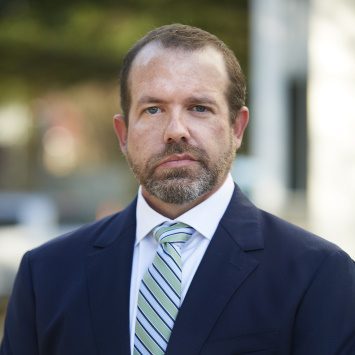 DAVID CASTILLE,
DAVID CASTILLE,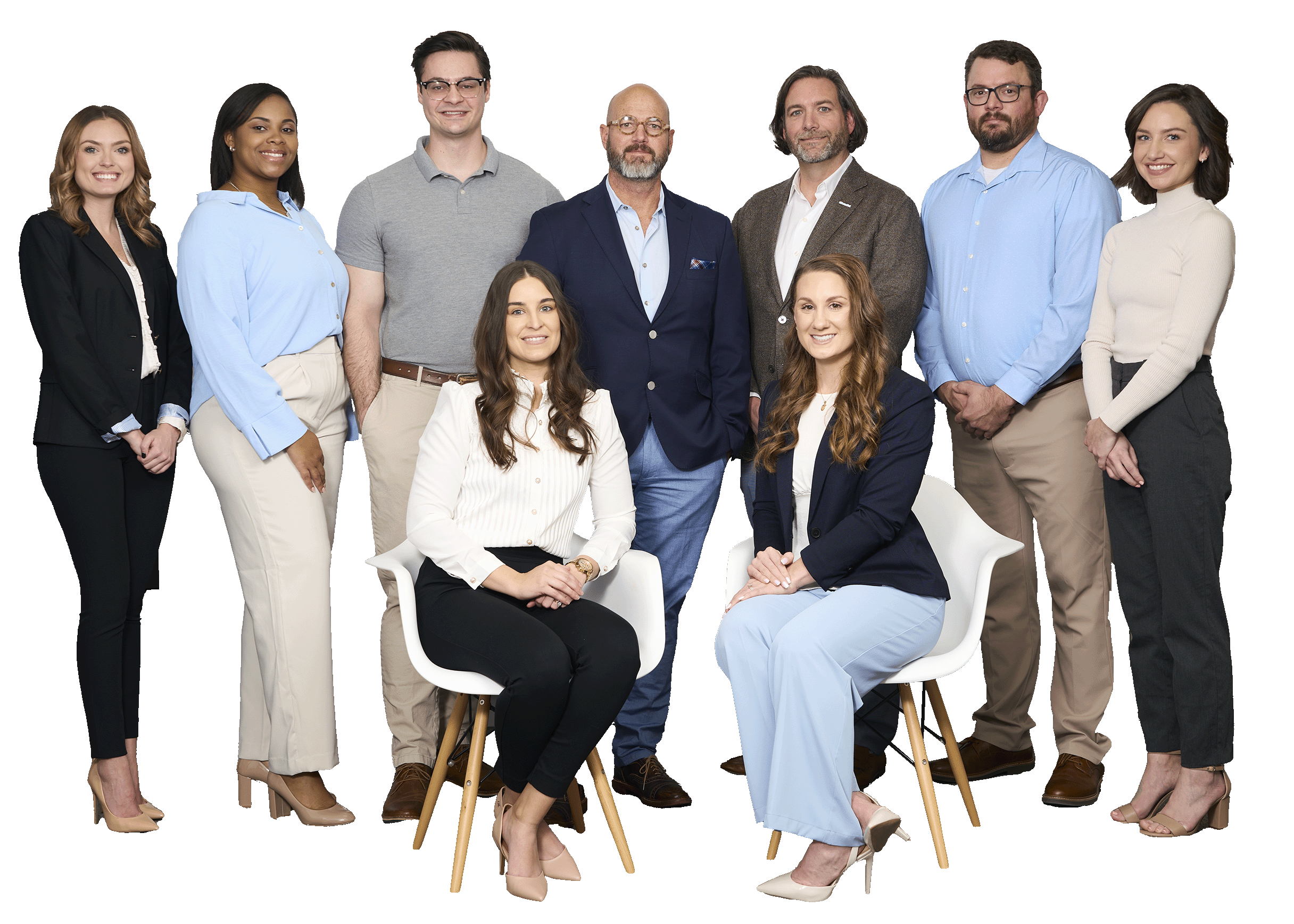




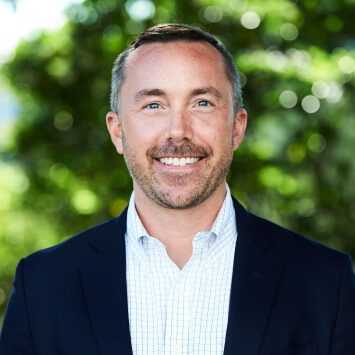 JOSH WILLETT,
JOSH WILLETT,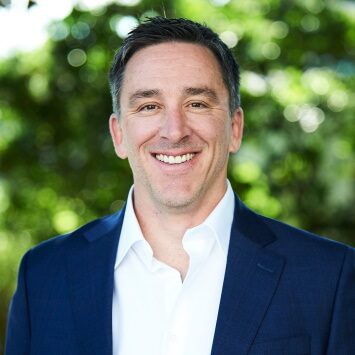 JEFF MONTGOMERY,
JEFF MONTGOMERY, MIKE RIDDLE,
MIKE RIDDLE,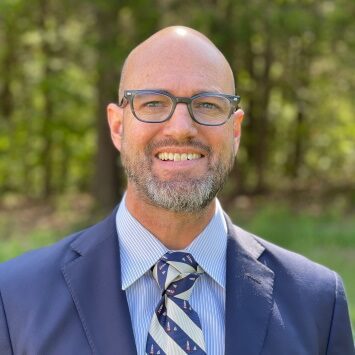 BENJAMIN KIMBALL,
BENJAMIN KIMBALL, DOUG PAYNE,
DOUG PAYNE,